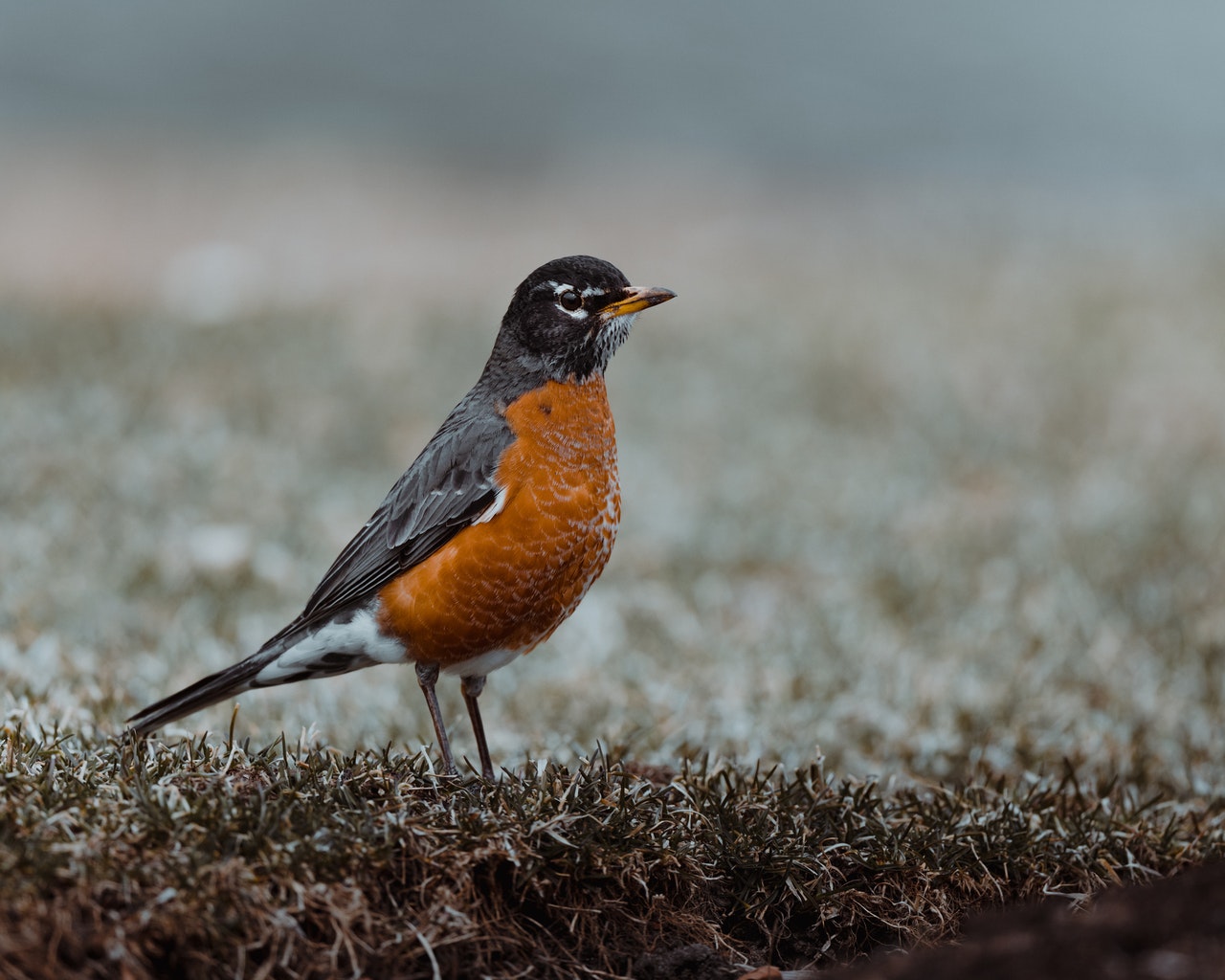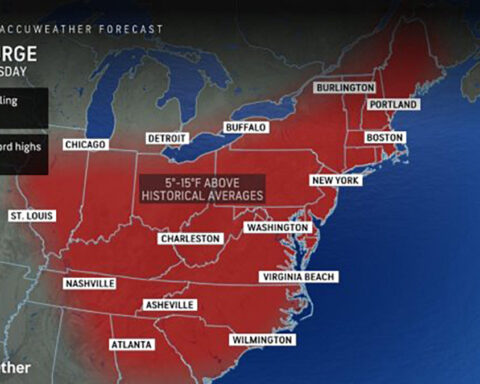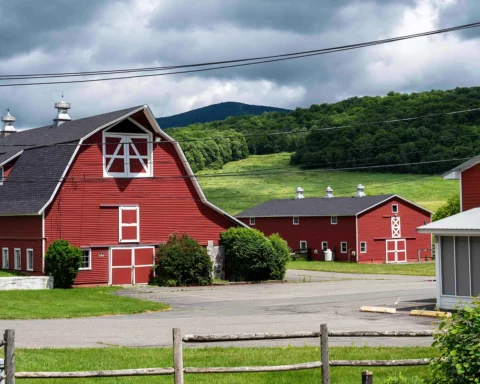Info provided by Connecticut Fish and Wildlife
Editor’s Note: The following article is derived from officially released information, published with few or no editorial changes. The Greylock Glass occasionally provides our readers with such content if the information is factual in nature, and requires little to no interpretation or analysis, often when original reportage would provide little to no additional relevant information.
An emerging illness is impacting a variety of songbirds in the eastern United States. Reports of sick and dying birds with vision problems, eye swelling (often with a crusty discharge), and neurological symptoms have been reported in CT, NJ, PA, WV, MD, OH, IN, and KY.
This illness is different from the conjunctivitis condition known as “finch eye disease,” but the exact cause is currently unknown and cases have not yet been confirmed in Connecticut.
While many songbirds have been impacted, the illness seems to be most common in juvenile common grackles, blue jays, European starlings, and American robins. No human health, domestic livestock, or poultry issues have been reported, and wildlife health experts from many states are working cooperatively to investigate the cause.Until more information is known, the DEEP Wildlife Division is seeking the public’s help and asking you to follow these FIVE precautionary measures:
- Cease feeding birds and providing water in bird baths until this wildlife mortality event has concluded. This may be infectious.
- Clean feeders and bird baths with a 10% bleach solution.
- Avoid handling dead or injured wild birds. Wear disposable gloves if it is necessary to handle a bird.
- Keep pets away from sick or dead birds as a standard precaution.
- To dispose of dead birds, place them in a sealable plastic bag and discard with household trash. This will prevent disease transmission to other birds and wildlife
If you find a sick bird, contact a licensed wildlife rehabilitator for guidance on what to do. A list of Massachusetts wildlife rehabilitators is at https://www.mass.gov/service-details/find-a-wildlife-rehabilitator

















